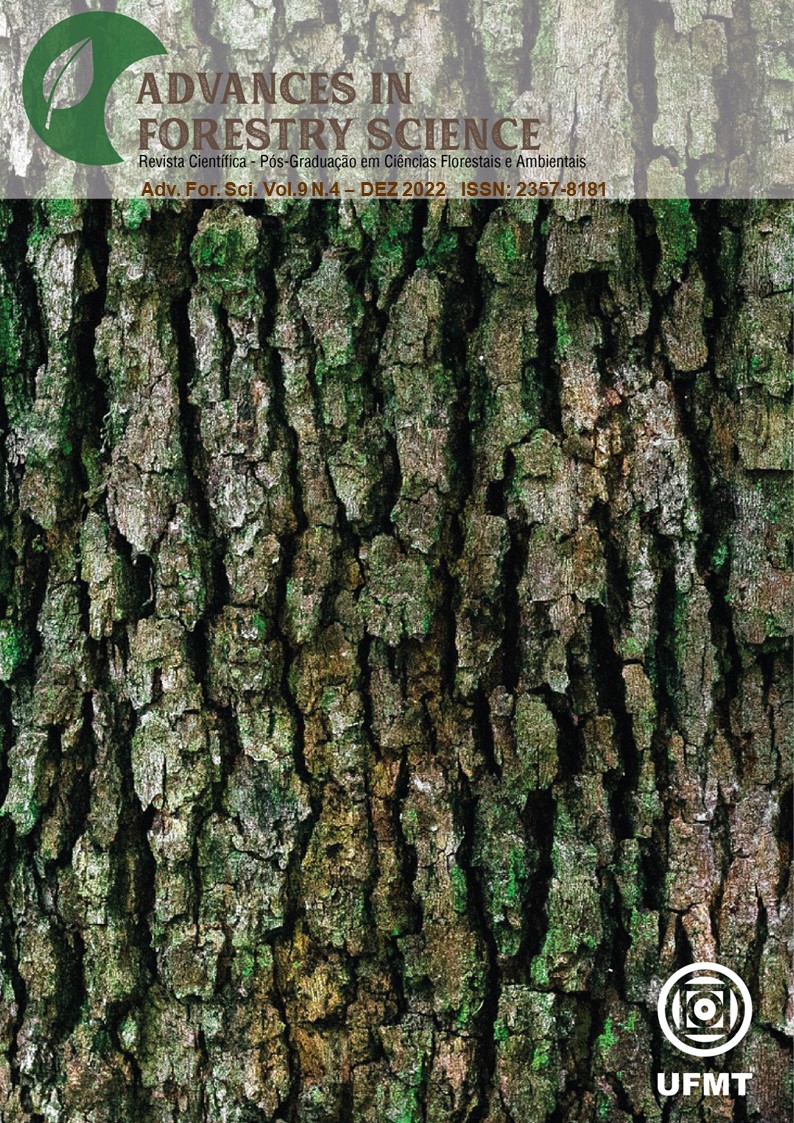Local perception on the impacts of biodiversity conservation on livelihood activities in Old Oyo national park, Nigeria
DOI:
https://doi.org/10.34062/afs.v9i4.13104Abstract
The study examined the socio-economic activities of rural communities in Old Oyo National Park and their perception towards conservation. Ten villages were randomly chosen from the five ranges based on their proximity to the park. A total of one hundred and fifty-two (152) structured questionnaire were administered to obtain information from the local community. The questionnaire was designed to elicit information on the livelihood practices and the impacts of the park on their livelihoods. Data obtained were analyzed using descriptive statistics and inferential statistics. The major occupations of the respondents around the park were farming (25.7%), trading (22.4%), Artisan (19.1%), and Students (12.5%). The results showed that the majority of the respondents were male (69.1%) while 31.9% were female. Many of the respondents (39.5%) experience a loss of right/control over protected resources. The result further revealed that the respondents (28.9%) experienced the loss of traditional access to the park, with serious impact on the livelihood of the respondents. Chi-square analysis showed that there is an association between gender (χ2 = 1.857 p<0.05) and perceived access to natural resources. The result further showed a significant relationship between the respondents’ perceived access to the park-related resources and their marital status (χ2 = 10.184 p<0.001), indicating that marital status positively affected their perception of the park resources. It is, therefore, recommended that there should be training on alternative sources of livelihood and also sensitize the communities about the needs for conservation.
Downloads
Downloads
Published
Issue
Section
License
All copyright must be assigned to the Federal University of Mato Grosso.

